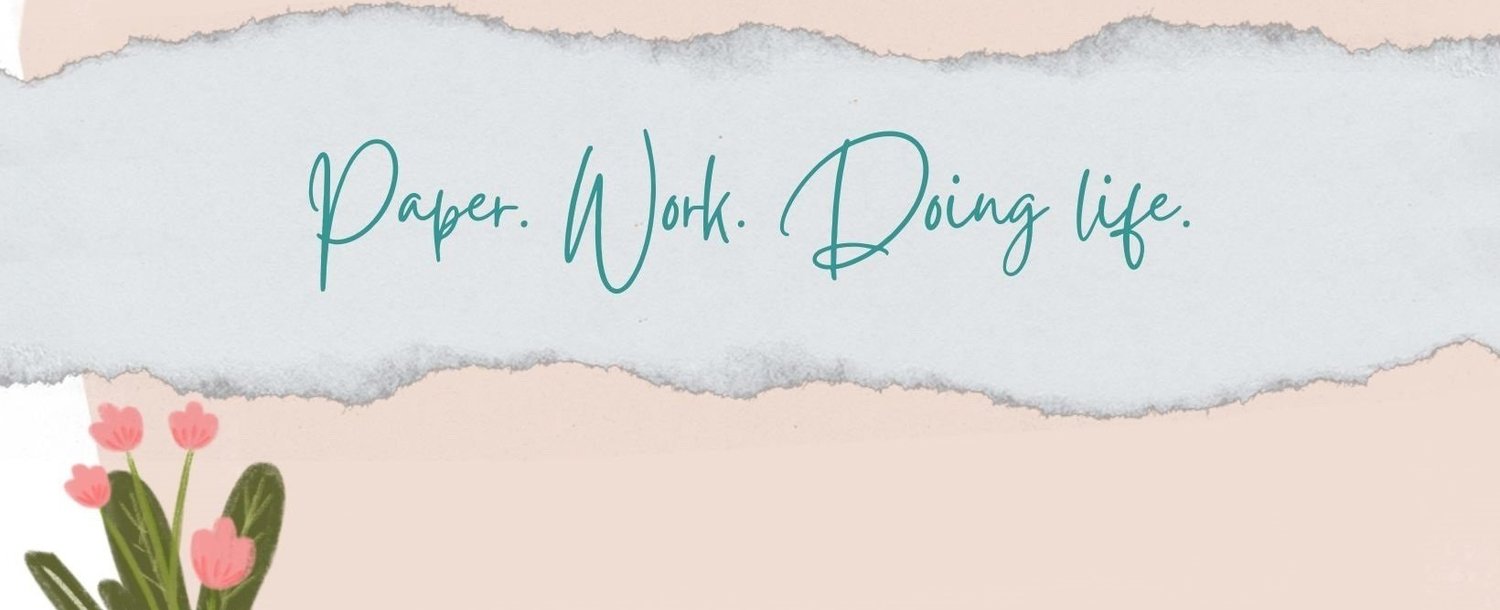What We Keep: History and Artifacts
My husband and I dated long distance for a couple of years. In the era before cell phones and the internet (gasp!) we relied on snail mail letters and expensive (so short) phone calls to keep in touch. I am in a mood where I can let go of the stuff that surrounds me to some extent. Such a mood is not my norm. I am a keeper of things - things I may need, that are sentimental, that exist. I guess having just spent the better part of a summer sorting through the things of my parents I am strongly motivated to do it differently. Now that I am in the mode, I find myself thinking about what we keep and what we let go in a variety of ways. The letters come to mind. They don’t take up much space and aahhhh sentimental, but I don’t really want anyone else to read them I guess.
Coming home from a lovely lake getaway in Maine, we stopped in the New York area to do a little historical searching and touring. (Nerds on vacation.) The first stop was a small community where my mother in law’s ancestors lived in the 1600s. We saw some signs and looked at some vistas, but the real treasure was the local research room in the public library. We found good sources, photos, and ephemera associated with her ancestor. I found myself thinking how grateful I was for saved letters, journals, photos, etc.
Our next stop was Hyde Park, the home of Franklin Delano Roosevelt and his presidential library. I love museums, and I love house tours. I am so grateful the historians and archivists have preserved so much of the important artifacts from his time in office. History comes alive in self built wheelchairs, bird collections, and signed letters and documents. I am grateful when all of these things are gathered, archived, and displayed. According to Lancaster University: “Letters are crucial sources for many different forms of history. As records of acts of communication between the great, they sometimes provide insights into the thinking of those who were directly involved in important events. Routine correspondence often provides evidence of a more mundane but no less precious kind, relating to economic activities and to the nature of social and gender relations. Love letters are in every period a particularly important source for the history of gender and of the sense of self. There is no doubting the tremendous potential of letters as historical evidence; but their value is much affected, as in the case of all the genres discussed in this course, by the conventions and practices which governed their composition, use and preservation” (https://www.lancaster.ac.uk/staff/haywardp/hist424/seminars/03.htm#:~:text=Letters%20are%20crucial%20sources%20for,directly%20involved%20in%20important%20events.).
So two things come to mind. What will we do in the future now that so many pics and so much communication is digital? I wonder how archivists are working on it. And how do I choose what to keep. I searched the Barack Obama Presidential Library and found that they are largely working with digital communications. The details are probably for a different kind of blog. People who are smarter than I are making the decisions to move forward in this new world. I won’t be president or anyone worthy of a museum, but what do the things that matter to me say to my kids and grandkids? A question worth considering to be sure.
